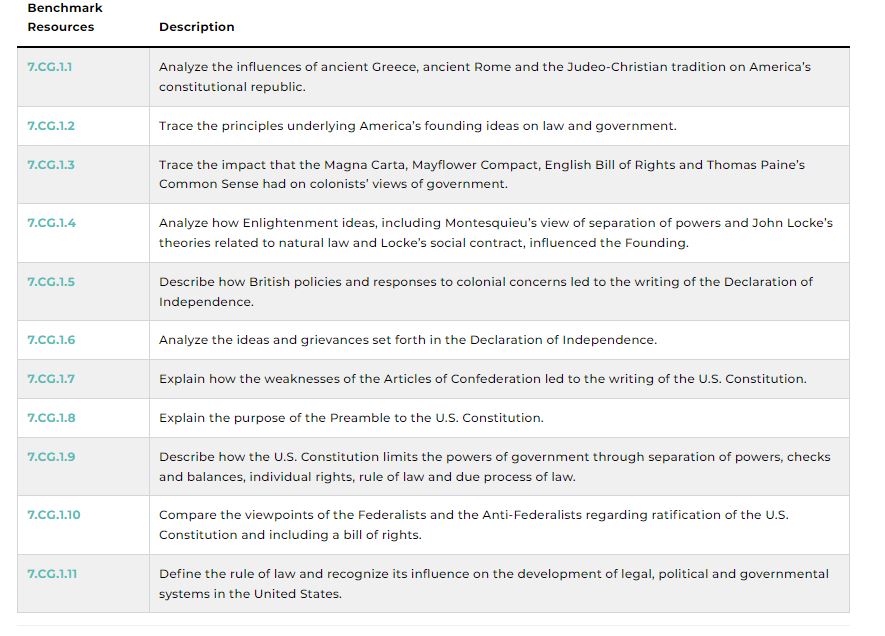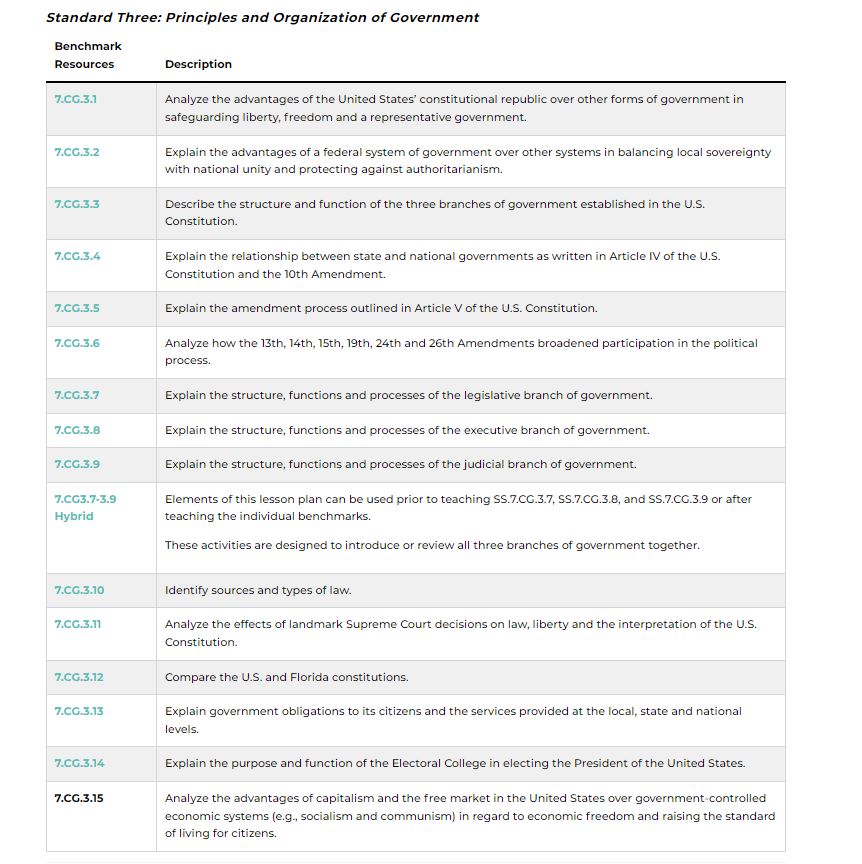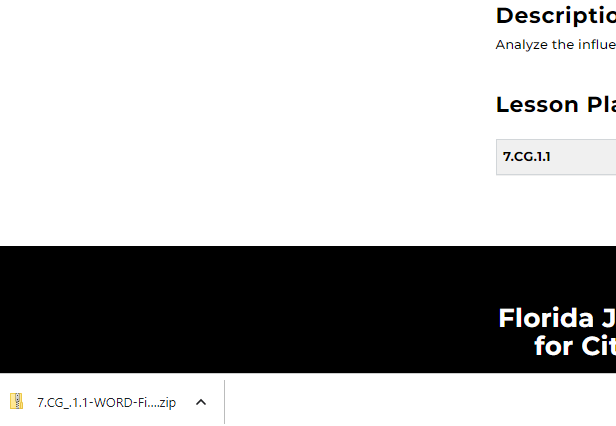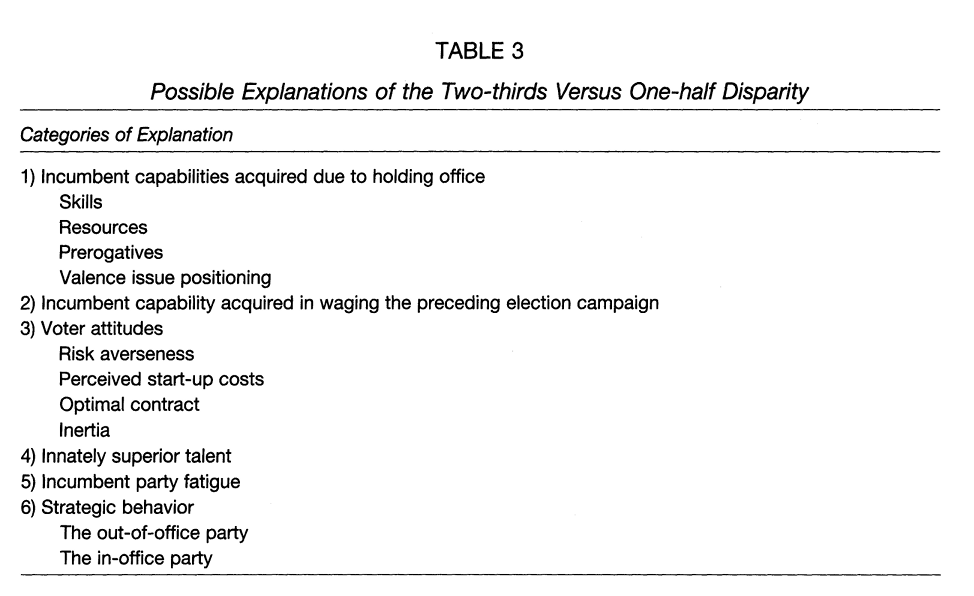This week, I am helping to lead a research symposium on “Generous Listening in Organizations” in partnership with the Vuslat Foundation. The main topic is listening to colleagues, including supervisors and employees. This practice is important for society and it matters to me, as a long-time middle-manager in a large organization (a university).
I also come into this conversation as someone who studies politics, broadly defined, and who believes that a better understanding of listening may create fruitful openings for strengthening democracy.
There is a vast literature on political communication, speech and rhetoric, deliberation, debate, and the public sphere–defined as the institutions in which people express their views. This topic is important because we do not automatically hold opinions, even about our own circumstances. We usually obtain our views through communication, which can go either well or badly. We can be persuaded to sacrifice for the common good or to become murderous racists. We can be persuaded that we are citizens of the world or members of narrow communities. Political action then follows communication.
Listening is one side of this exchange. It is certainly not absent in the literature but is less often discussed than the other side: speaking.
The research on political communication is diverse and nuanced, but quite a lot of it is critical. Survey-based research in the United States–and in many other countries–often finds that people are ill-informed, biased, and incoherent. I semi-facetiously summarize the overall message of current political science as: “People are stupid and they hate each other.”
The specific findings are often valid and worth consideration, but the overall message may hamper efforts to improve civic life. The message is most discouraging when the specific findings are linked to general claims about human beings, e.g., that we are naturally self-interested or that we evolved to use heuristics helpful in small groups of hunter-gatherers that fail to equip us for responsible self-government at a mass scale. If human beings have deep psychological limitations for participating in democracy, then perhaps we had better shore up our most basic safeguards (especially the peaceful transition of power after each election), and not be distracted by more ambitious democratic ideals.
I start with a different assumption. I presume that we exchange ideas in artificially designed settings that can help us to be wise or foolish: assembly halls, churches, newspapers, classrooms, laboratories, online networks, and many more. Designing and expanding good settings requires a degree of optimism about human potential. Therefore, research that implies we are hard-wired to be foolish can discourage people from working to build better institutions. And when our institutions are weak, we tend to think and behave in troubling ways that research then reveals, thereby reinforcing the researchers’ skepticism–a classic vicious cycle.
A focus on listening might help break the cycle. The evidence is pretty strong that when we form and state opinions, we are not as wise as we believe. We offer reasons for what we think and value that sound good to us–they sound like explanations of our views. But often, we have formed our views intuitively and then merely rationalized them in speech. Furthermore, our intuitions are unreliable, because they often reflect cognitive biases, selfishness, and limited empathy.
However, there is also evidence that we can be pretty good at listening. We can assess the reliability and competence of speakers and the cogency of their claims. In turn, our assessments of others’ statements can shift our intuitions. Indeed, Mercier & Sperber (2017) argue that we evolved to do this–to scan our human environment for people whose views are worthy of trust.
But then the questions include: How can we listen well? And how can we design institutions to enable and reward good listening?
Reference: Mercier, Hugo and Dan Sperber, The Enigma of Reason, Cambridge, MA: Harvard University Press 2017. See also: how intuitions relate to reasons: a social approach; how the structure of ideas affects a conversation; An agenda for R&D for democracy etc.











